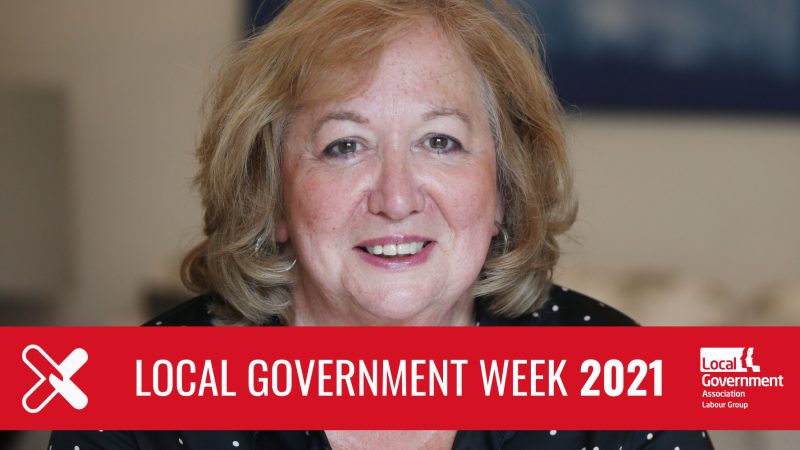
Social care staff have been paying a shocking price for doing their jobs during the pandemic. They continue to work on a ‘forgotten’ frontline where they’re ignored and undervalued – all too often with devastating consequences.
Recently released figures show that Covid death rates by occupation remain highest among those delivering hands-on care. Care home staff and domiciliary workers are far more at risk of losing their lives compared to the rest of the population. By keeping the rest of us safe, they’re putting themselves in danger. The reasons why deaths far outstrip those recorded for other professions aren’t yet fully clear.
For just one care worker to lose their life is one tragedy too many. There’s no getting away from the fact that many staff were effectively abandoned during the first wave. Inadequate or a lack of personal protective equipment (PPE) meant some tragically even lost their lives. The government must take responsibility for failing to make the care sector a priority. Ministers have also paid scant regard to the dedicated people who keep it running, the thousands of workers who do a vital and skilled job looking after our loved ones.
Wider and urgent action is crucial to tackle underlying problems that enable poor employment practices to prevail. Social care has been neglected for years: Covid has merely drawn attention to this fragmented and underfunded sector. The pandemic has exposed just how much reform is urgently needed. Top of the list is pay and how employees are treated. The care workforce is overwhelmingly female, with large numbers of Black staff and migrant workers among its ranks, and many are among the lowest-paid employees in the country. They often exist on poverty wages.
Looking after those who rely on care support, such as the elderly and vulnerable, is an extremely important job. It requires immense skill and dedication. Yet the work is regarded as low status and poorly remunerated in a sector that has been chronically underfunded for years. Workers in high-risk groups also continue to feel pressured into going to work during the pandemic when they should be taking time off sick or self-isolating.
Lockdowns have even taken place in some care homes where workers have been told to remain on site if staff or residents become infected. In other instances, companies have refused sick pay to self-isolating members of staff, or even to those who have tested positive for coronavirus. Too many care workers have been placed in the invidious position of having to choose between risking people’s lives (including their own) or going without pay. These include Black staff, an issue that UNISON has flagged to the Equality and Human Rights Commission.
UNISON wants every worker to be on the real living wage as a bare minimum and for action to be taken against unscrupulous employers. This would help improve care and attract much-needed new recruits. We need a national care service that ensures any increase in pay is implemented by employers. A national service would also drive up standards, improve regulation and help care become a more attractive career option.
UNISON has helped to set up a new coalition to lobby the government to make this a reality, putting care on an equal footing with the NHS. Launched last November, the Future Social Care Coalition is unprecedented in bringing together employers, providers, social care charities and politicians from across political divides. More than 80 organisations and individuals have joined, including former ministers Andy Burnham, Sir Norman Lamb and Alistair Burt, as well as the National Care Association, the Care and Support Alliance and UNISON.
The Coalition is calling for an immediate £3.9bn emergency support fund for the care sector and a fair wage deal for low-paid staff across the UK. The aim is also to bring an end to poor employment practices, which are depressingly widespread across the care sector. The government must not waste the chance to make a real difference. To ensure social care is a shining example of good practice, not only in the service it provides but also in the treatment of the staff who deliver the service, it’s time they had a fair deal.




More from LabourList
Which ministers have done the most and fewest broadcast rounds in year one?
‘Welfare reforms still mean a climate of fear. Changes are too little, too late’
Welfare bill: Which MPs are still voting against reforms?